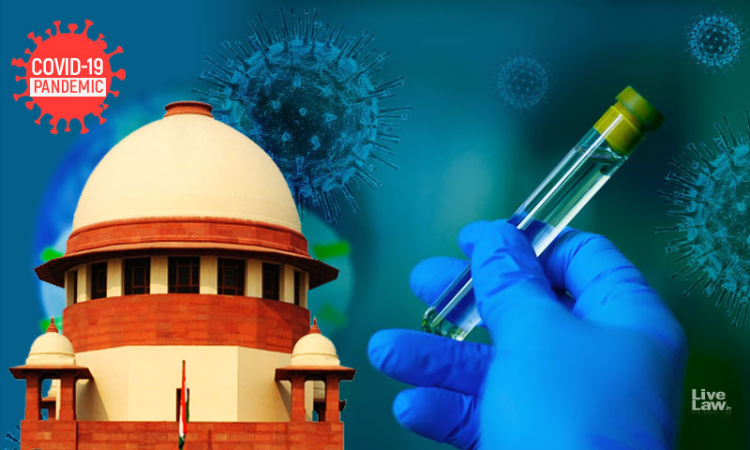PIL In SC For Mass House-To-House COVID-19 Testing In Hotspot Areas
Nilashish Chaudhary
10 April 2020 10:21 AM IST

Next Story
10 April 2020 10:21 AM IST
A Public Interest Litigation (PIL) filed in Supreme Court seeks directions to the Central government to start mass house-to-house testing for COVID-19, starting with areas which are most exposed and affected by the virus. Undertaking such an exercise would help trace, identify, isolate and treat those infected by the novel Corona Virus, resulting in the chain of transmission being...
